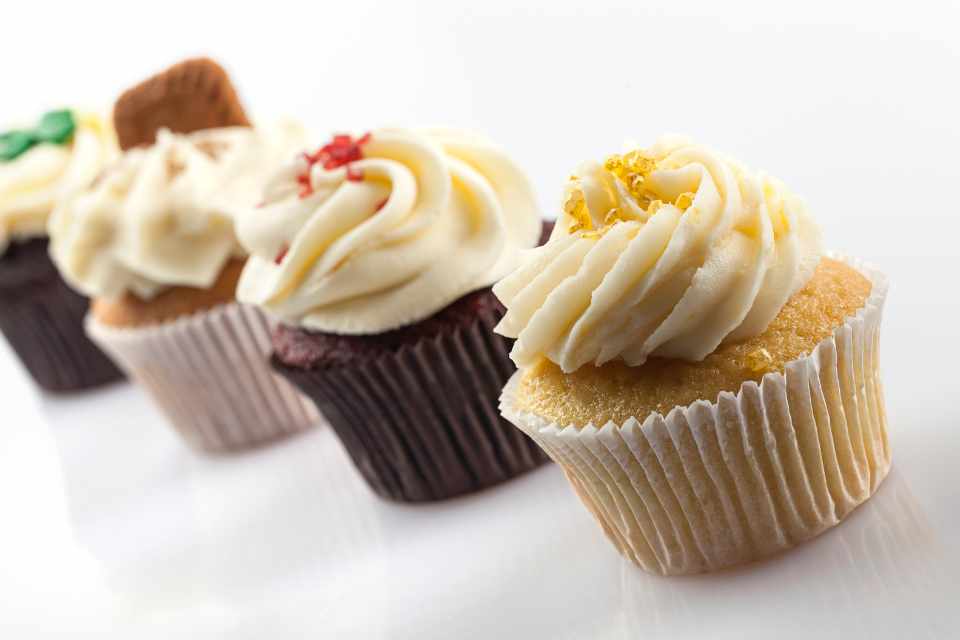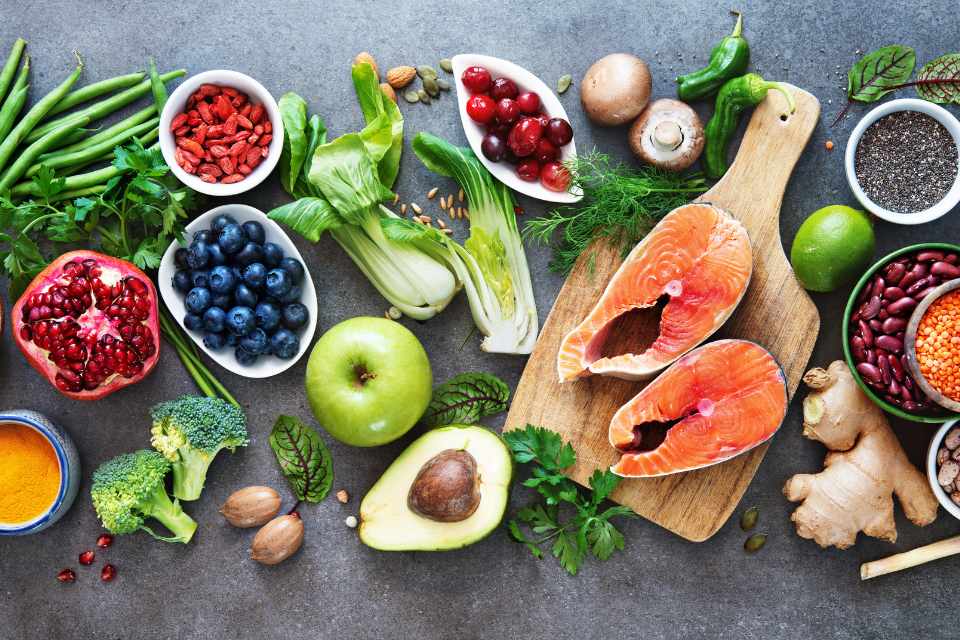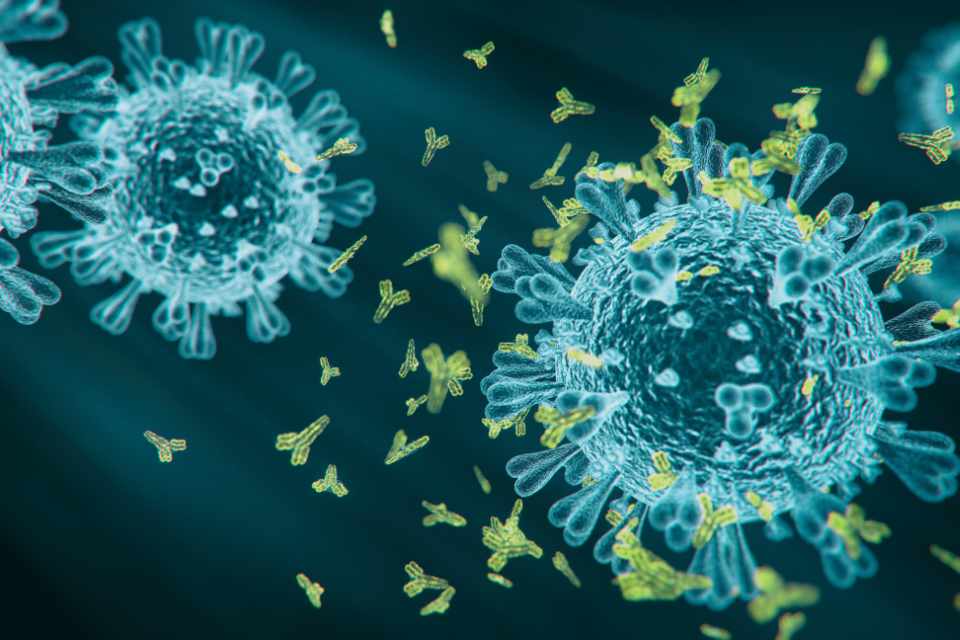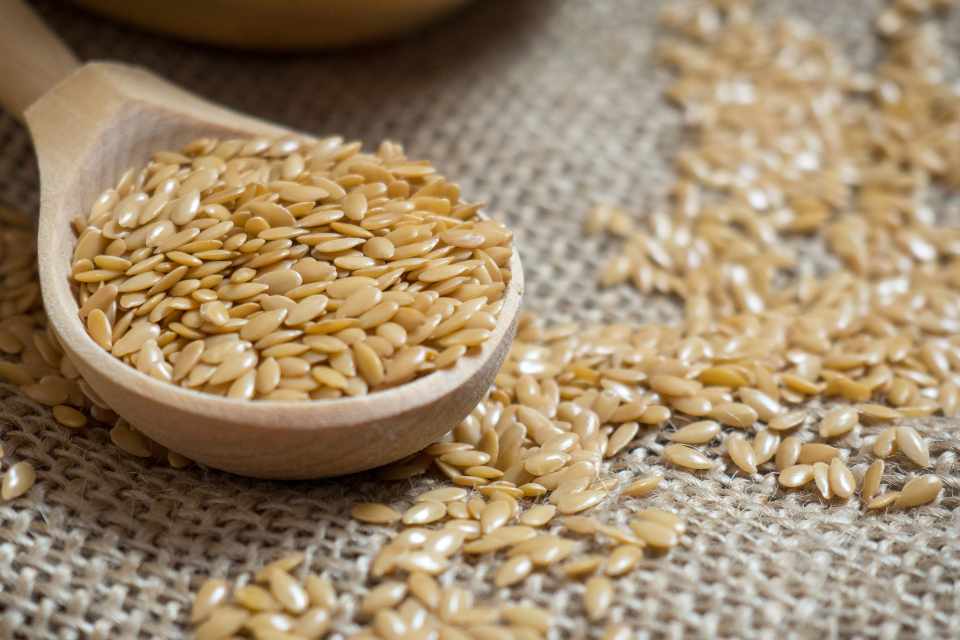Everyone knows a healthy diet is low in sugar. Yet if you’ve ever tried to cut down on sweet foods you will know how difficult it can be. Researchers describe sugar cravings as being comparable to those induced by addictive drugs. However, if you can cut out all sugar for two weeks, a recent study suggests long-term benefits. These include a change in your taste preferences that help stop your cravings for good. So, I’m going to give you some tips on how to stop sugar cravings with herbs and supplements to help get you through a two-week challenge.
This article is not about swapping out sugar for artificial sweeteners. These are not a healthy option. They also do nothing to train your taste buds away from that addictive sweet flavour.
This recent study showed that cutting out sugar and sweeteners for 2 weeks significantly altered how people perceived the sweet taste. With the majority of people saying that sweet foods and drinks tasted too sweet. In fact, most people in the study found that they stopped craving sugar after just 6 days. Whilst, when the study was over, 95% of people that took part said they would use less or even no sugar in the future.
Considering the health benefits of cutting out sugar from the diet, it has to be worth trying the two-week challenge.
The 2-week challenge instructions
The instructions are really quite simple. For two weeks, cut out all added sugars and artificial sweeteners. The following notes were included to clarify.
1. Do not add any form of sugar (see list below) or any alternative sweeteners to foods or drinks! Avoid artificial and alternative sweeteners including Sweet ‘N Low, Equal, Splenda, monk fruit, neotame, stevia, xylitol, etc. No added sweeteners!
2. Avoid all sweetened sodas, bottled teas, sports or energy drinks, fruit drinks and juice (even 100% juice), speciality coffee, and any other beverage with added sweeteners.
3. Cut out any foods that have a lot of added sugar or any artificial sweeteners such as cookies, cake, candy, yoghurt, soy or almond milk, breakfast cereals, energy bars, or other foods. Its important tp read labels! Aim for food with 5 g or less of added sugar.
Look at the ingredient lists of foods you eat for other names for sugar such as the following:
- Sucrose
- High-fructose corn syrup
- Honey
- Corn syrup
- Molasses
- Agave
- Evaporated can juice
- Barley MAlt
- Dextrose
- Coconut palm sugar
- Cane sugar
- Grape sugar
- Turbinado sugar
- Raw sugar
- Brown sugar
- Powdered sugar
- Brown rice syrup
- Date sugar
Note: Plain unsweetened milk and yoghurt and fruit contain natural sugar, which is fine because it is not added sugar. Limit dried fruits to 2 servings per day and fresh fruits to 4 to 5 servings per day.
Stop your sugar cravings with herbal remedies
If you think you might need some extra help with the two-week challenge here are some ideas that might help.
Gymnema
In India, the traditional medicine is the Ayurvedic medicine system. One of the major herbal remedies in the Ayurvedic system is Gymnema sylvestre. It is called gurmar in Hindi, meaning sugar destroyer.
Gymnema is a woody, perennial, climbing plant. Its leaves have been used as folk medicine in India for centuries. More recently it has been used for diabetes, obesity, arthritis and high cholesterol.
Gymnema sylvestre contains several compounds, known collectively as gymnemic acid. Gymnemic acid and a peptide compound called gurmarin are likely responsible for the effects. Just a few drops of an extract of this herb affects the taste buds for hours. The active compounds are similar to sugar molecules but not the same. They fill the sweet taste receptors on the tongue. Blocking the ability to taste anything sweet.
Sweet foods take on a completely different flavour when the sweet receptors are inactivated. This could be enough to break the addictive effect of sugar-laden foods. Helping to stop your cravings for good.
Saffron
Saffron is the world’s most expensive spice. It also has many beneficial effects on health. One of which is to help boost mood. I have written about the mood-enhancing effects of saffron in my post How to fight depression with herbal remedies.
We know that moods such as boredom and anxiety can increase cravings. Well, it seems that saffron’s ability to boost mood may also help to reduce food cravings.
In this study, an extract of saffron reduced snacking and contributed to weight loss. A result that researchers attributed to saffron’s ability to boost mood.
Supplements to stop sugar cravings
Supplementing with chromium and/or magnesium may help to stop sugar cravings.
A supplement of chromium picolinate reduced food cravings without increasing hunger. The researchers suggest that supplement may increase insulin sensitivity. Which may help to regulate food intake and body weight.
However, some people crave chocolate rather than sugar. If this is you, it is possible your chocolate cravings are due to low levels of magnesium. Chocolate contains magnesium. It has been suggested that chocolate cravings occur as a means to satisfy a magnesium deficiency. In my practice, I find that supplementation with magnesium glycinate is preferable to other forms.
General guidelines
On the whole, eating fewer processed foods and choosing more real, whole, and plant-based foods make it easier to consume less sugar. These changes will improve the overall quality of the diet, which is important for optimal health.
The modern food industry is set up to make us crave industrially processed foods. In reality, it is not just sugar but also other food additives that make us want more of a particular food.
However, the two-week challenge to stop your sugar cravings will go a long way towards ridding yourself of addictions to certain foods and food products.








0 Comments